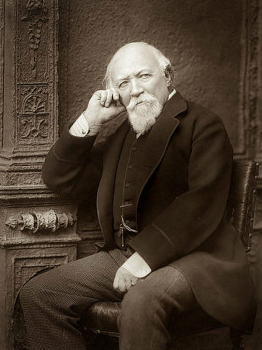In the history of China, Qin Shi Huang's unification of the six countries and the establishment of a centralized bureaucratic system undoubtedly marked an epoch-making event. However, at the same time, his policy of "burning books and killing Confucian scholars" also became a focal point of controversy in later generations. This article will explore the specific targets of Qin Shi Huang's book burning and the impact of this action on ancient Chinese culture.

I. Background and Purpose of the Book-Burning Policy
After unifying China, Qin Shi Huang began a series of cultural rectifications in order to consolidate centralization. Among them, the most criticized was the book-burning policy. The purpose of this policy was to eliminate the diversity of thought and culture in order to facilitate the rule of the Qin dynasty. By burning books that might cause dissent, the Qin dynasty attempted to establish a high degree of ideological consistency.
II. Specific Targets of Book Burning
The main targets of Qin Shi Huang's book burning were two: first, various classics of the pre-Qin period, including history, philosophy, poetry, etc.; second, the works of all the schools of thought except for the Legalist school. These books were considered to be carriers of thought and culture that were not conducive to the rule of the Qin dynasty and were therefore targeted for burning. However, it is worth noting that the Qin dynasty's own practical literature such as laws, agriculture, and medicine were not burned.
III. The Impact of Book Burning on Chinese Culture
Qin Shi Huang's book-burning policy caused tremendous losses to the inheritance of Chinese culture. Many precious cultural heritage disappeared, making it impossible for later generations to fully understand the cultural features of the pre-Qin period. At the same time, this suppression of thought also hindered the development of ancient Chinese thought and culture to some extent.
Conclusion:
Qin Shi Huang's book-burning policy was a major event in Chinese history. It not only destroyed a large number of precious cultural heritage but also had a profound impact on the development of ancient Chinese culture. However, despite the huge losses caused by the book-burning policy to Chinese culture, the essence of Chinese culture did not disappear. On the contrary, it was these challenges and tribulations that made Chinese culture more resilient and able to be passed down.
Disclaimer: The above content is sourced from the internet and the copyright belongs to the original author. If there is any infringement of your original copyright, please inform us and we will delete the relevant content as soon as possible.
































